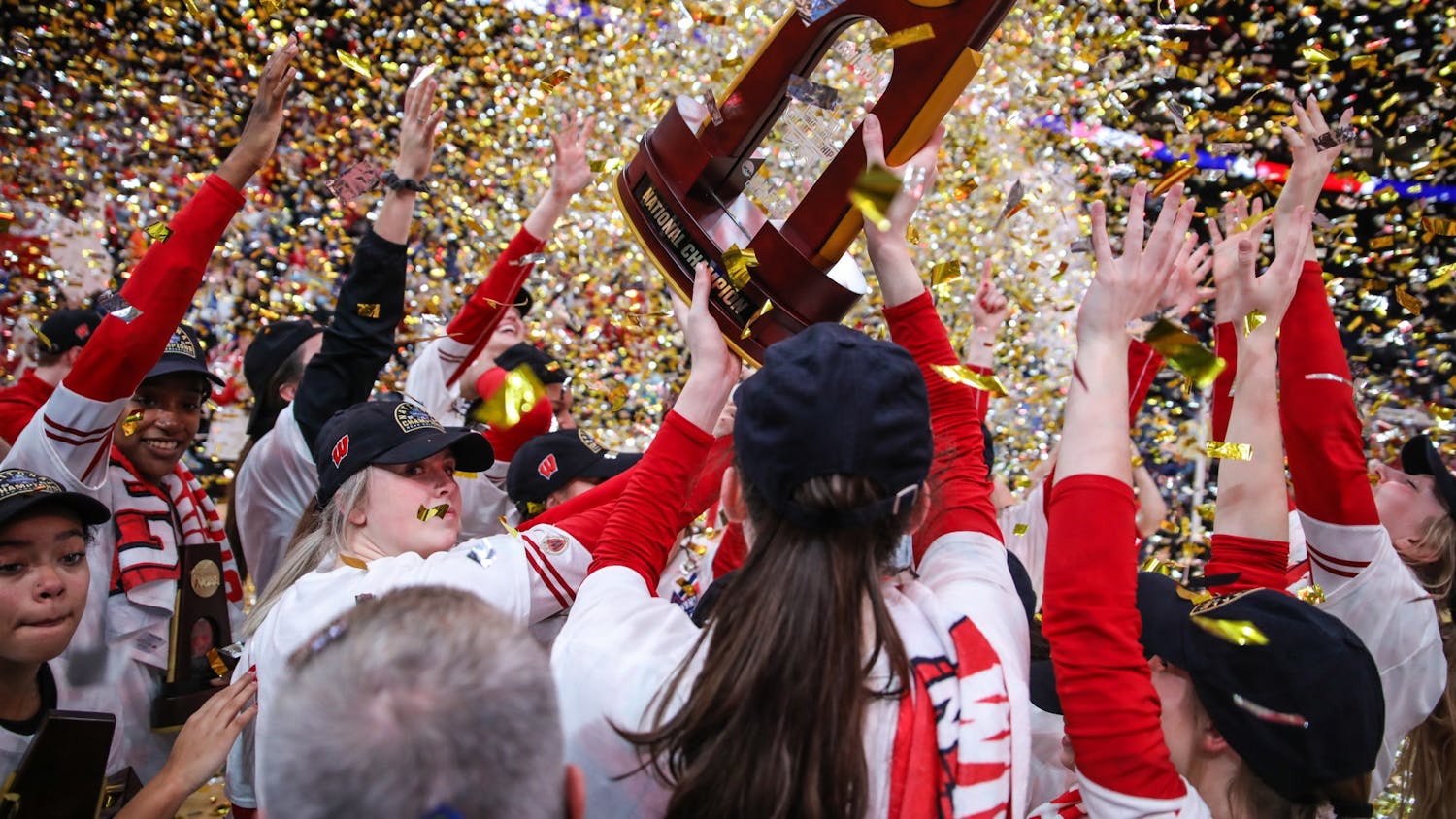Saturday, the set of ESPN’s College GameDay will descend on Tallahassee, Fla., to cover the world of college football from the week’s most visible arena.
The Washington State flag will fly, a segment about Jameis Winston will run, and a local celebrity will join the GameDay staff to make the show’s iconic picks. To finish the spectacle, Lee Corso will make his pick by most likely donning a Seminole headdress and performing a vaguely offensive dance.
But, here’s the problem. Lee Corso picking Florida State to win tells the attentive college football fan pretty much nothing. Florida State is a 21.5 point favorite over Miami. Every fan who pays the slightest attention to a game’s point spread thinks the Seminoles will win.
The real debate is whether FSU will dominate or merely persevere. That is where the game’s true questions lie and where expertise shines.
Picking against a spread is hard. Conceivably, it’s a fifty-fifty shot. Maybe you think Ohio State is really, really good, and that they should crush Purdue in the coming weekend. But wait, the Buckeyes are a 31 point favorite.
Now it get’s tricky and fun. Purdue is infamous for playing Ohio State close and the Buckeyes might take their foot off the gas if they’re up big late, allowing Purdue to sneak in some extra points.
This conversation won’t happen on College Gameday. Instead you’ll hear how the Buckeyes looked great against Penn State and there is no reason to think they should be slowing down. The Buckeyes will be picked to win and no one will be wasting any brain cells doing it.
Everyone knows Purdue is bad. The real question is how bad? Or how good is Ohio State? If the people previewing the game are truly experts, they should know this and be able to explain it. But they don’t. Possibly, or probably because they can’t.
This is a problem that dominates all of televised football coverage. Ex-player and ex-coach went on the air and explained the Denver Broncos were good at football, the Jacksonville Jaguars were bad, and that is why the Broncos would beat the Jaguars.
What did this tell us? Denver was favored by 28. Jacksonville lost by 16. In this case, yeah, the “experts” were right, but it was a question with no difficulty attached.
If the “experts” were picking against the spread, they could actually argue the merits of Jacksonville in a significantly rewarding way.
That’s a conversation I want to see happen on College Gameday and Sunday NFL Countdown.
Instead they just hide by predicting victories from mismatches and starting any complex matchup to predict with the disclaimer “this looks like a toss-up.”
They’re supposed to be experts. If they have true predictive power, as they are paid to have, they should be able to explain to us which side of the coin should be favored.
Should experts have to pick against the spread? Let Jack know what you think by emailing him at jfbaer@wisc.edu.






